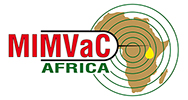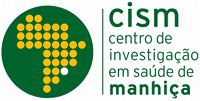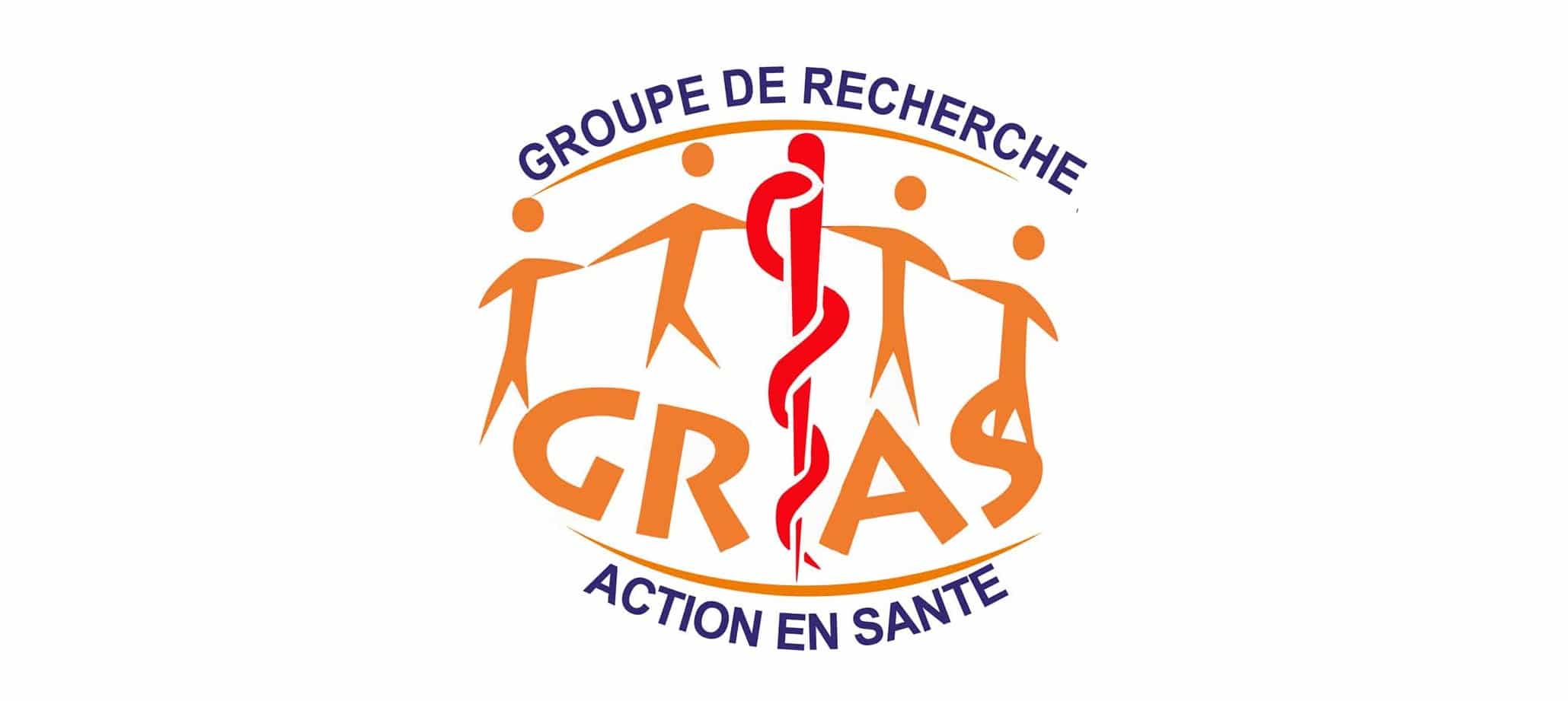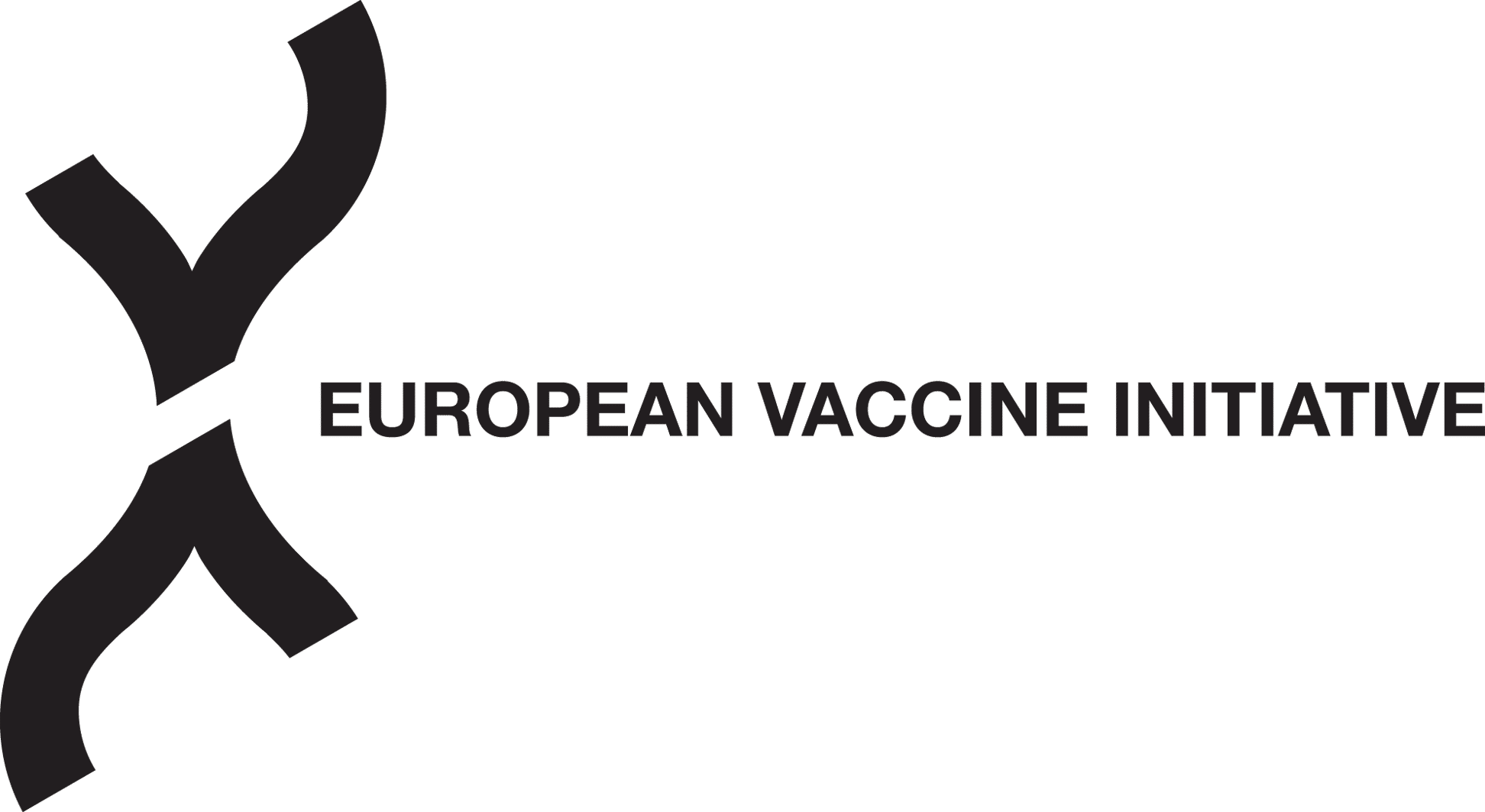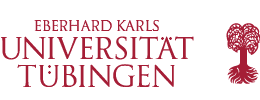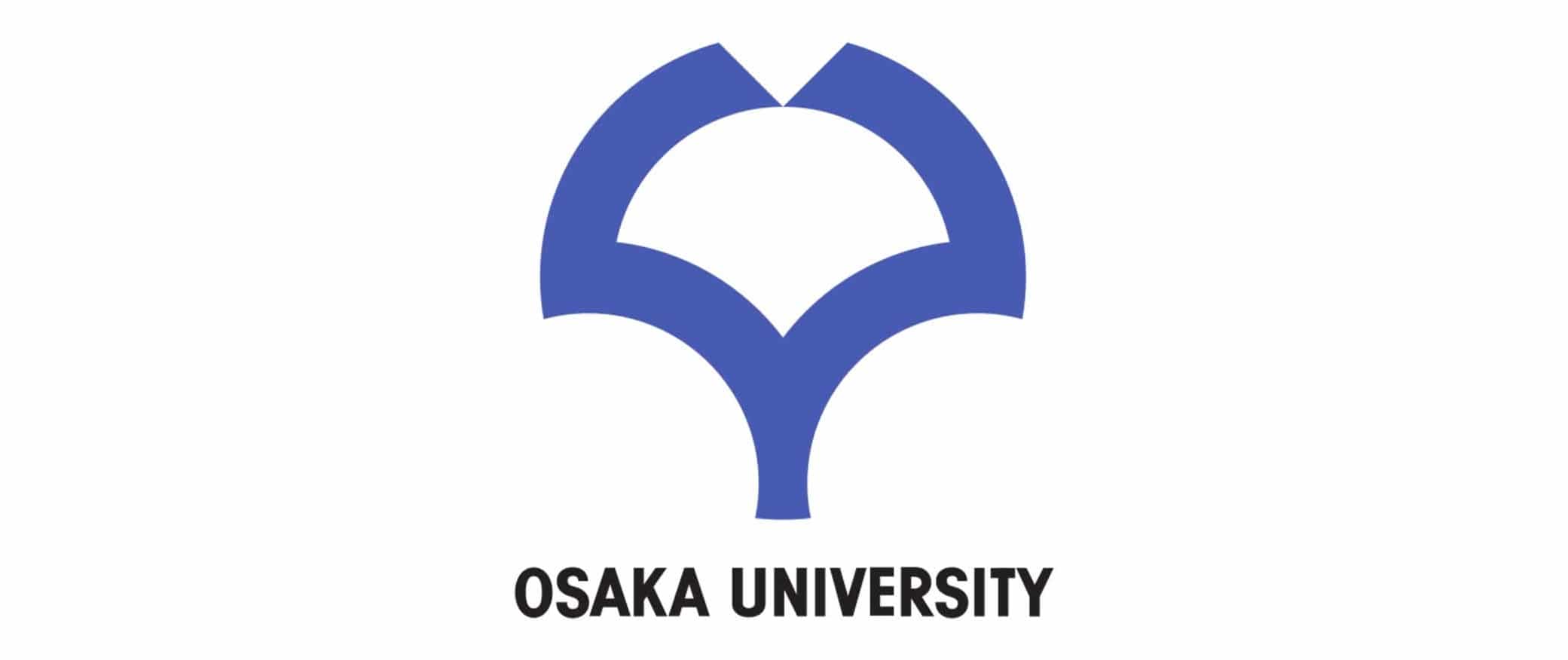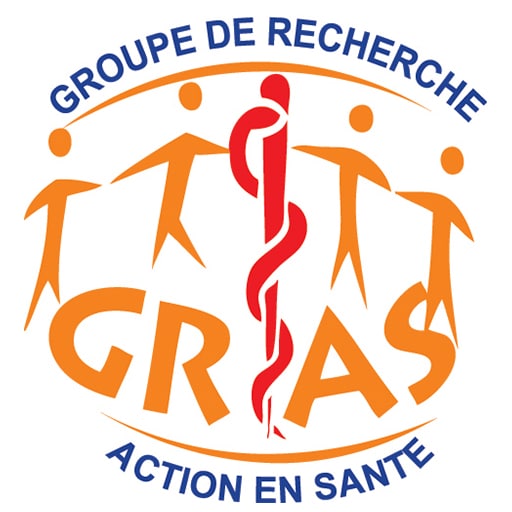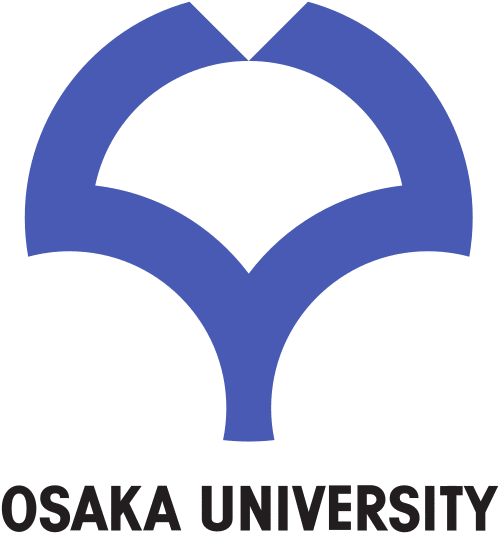CERMEL/Gabon
CERMEL/Gabon is an established African medical research center of excellence with an impressive, long-term track record in the conduct of ICH-GCP compliant clinical studies from Phase 1 to large-scale Phase 3. More than 100 clinical trials on interventions (vaccines, chemotherapeutics) against malaria and other infectious diseases have been successfully concluded in the past 25 years including RTS,S phase 2 and phase 3 trials, and trials with VSV-ZEBOV and PfSPZ products (NCT02237586, NCT03521973). The site is equipped and trained for the conduct of malaria vaccine clinical trials including studies using PfSPZ-based products with a core, GCP-trained staff always present, QA systems established, proven proficiency in data management, and GCP and GLP-procedures implemented. Selidji Agnandji, co-director of CERMEL, is leading the core clinical study team and with his previous achievements in the RTS,S, and VSV-ZEBOV trials, he will take the overall lead as PI for the comparative Phase 2 trial (VALiT study).
CERMEL is represented in the MIMVaC-Africa consortium by Dr Selidji Todagbe Agnandji.
Manhiça Health Research Centre (CISM), Manhiça Foundation/ Mozambique
The Manhiça Health Research Centre (Centro de Investigação em Saúde da Manhiça (CISM)), managed by Manhiça Foundation, is located in Manhiça District, province of Maputo, with a population of 183,000 inhabitants. CISM was created in 1996 with the objective of conducting biomedical research in diseases affecting the poorest and more vulnerable populations. CISM has been running a Demographic Surveillance System (DSS) since 1996, and a morbidity surveillance system at Manhiça District Hospital (MDH) and five other peripheral health centres since 1998. Morbidity surveillance includes the systematic collection of demographic, clinical history, physical exam, treatments and outcome for all children <15 years of age visiting the outpatient department or being admitted to hospital. CISM has fully equipped laboratory facilities including parasitology, hematology, biochemistry, microbiology (including biosafety level III premises), molecular biology (including PCR and RT-PCR) and immunology. Over the past two decades, CISM has conducted studies with relevant impact on public health, including trials on the RTS,S malaria vaccine, the use of IPTi/IPTp and a detailed description of the burden and epidemiology of childhood bacterial infections (including meningitis) in children with acute respiratory symptoms and diarrheal disease. Recently, CISM is studying new approaches for determining causes of death by performing minimal invasive autopsies.
CIMS is represented in the MIMVaC-Africa consortium by Dr Pedro Aide of Mozambique.
The Groupe de Recherche Action en Santé (GRAS)/Burkina Faso
The Groupe de Recherche Action en Santé (GRAS) is a non-governmental health research Institute established since 2008, accredited by the Ministry of Science and Technology of Burkina Faso and actively partnering with the Ministry of Health some non-Governmental hospitals across the country . The scientific staff of GRAS are multidisciplinary with well proven skills in clinical trials. Most of them have worked for more than a decade with the Centre National de Recherche et de formation sur le Paludisme (CNRFP). The staff have a sound knowledge of ethical principles in research involving human subjects and on ICH GCP, GCLP and is certified for shipping dangerous goods. The Data Manager has strong experience with several data management software. IT features a real-time management system for clinical trials data with a system network and an internet broadband access, and a data archiving system according to GCP. GRAS has a cold chain, composed of freezer, refrigerators and a power back-up system. During the last decade, scientists from GRAS in collaboration with its international partners (WHO/TDR, GSK, Sanofi, ANRS France, European Vaccine Initiative, Osaka University; University of Maryland University in USA, Oxford University, University of Rome “LA Sapienza”, etc.) and National Partners (Ministry of Health, universities and high schools) has carried out several epidemiological studies, health system research, drug and vaccines trials from phase 1 to phase 4 and for various diseases such as malaria, pneumonia, sickle cell diseases, and hepatitis.
The GRAS is represented in the MIMVaC-Africa consortium by Dr Sodiomon Bienvenu Sirima (leader of WP1), Sombié Benjamin (co-leader of WP5) and Dr Alfred B. Tiono (leader of WP7).
Ifakara Health Institute (IHI)/Tanzania
Ifakara Health Institute (IHI) is one of Africa’s most eminent health research organizations with over 50 years of experience in conducting health-related research. IHI has strong track records in developing, testing and validating various innovations for health. IHI is driven by core strategic mandate for research, training and services. The institute’s work spans across a wide spectrum of sciences including biomedical and ecological sciences, intervention studies, health-systems research, monitoring and evaluation and policy translation. The IHI clinical trial facility in Bagamoyo has conducted several malaria vaccine trials using the CHMI model. It has experienced and trained staff including pharmacists, physicians and nurses. The facility has an experienced Quality Assurance department responsible for ensuring trials are conducted according to protocols and relevant SOPs, and data collected meets international standards. Facility physicians and nurses are also Advanced Cardiac Life Support (ACLS) certified and are involved in regular retraining which is essential for CHMI trials. All clinical staff are GCP trained with emphasis on annual renewal of their certificates to ensure retention of knowledge and skills. The institution has recently started a Public Health Research Master’s Program in collaboration with the Nelson Mandela African Institution of Science and Technology (NM-AIST) in Arusha, Tanzania which offers an opportunity to train young generation of scientists on research methodologies.
IHI is represented in the MIMVaC-Africa consortium by Dr Ally Olotu.
Academisch Ziekenhuis Leiden (LUMC)/The Netherlands
Leiden University Medical Center (LUMC) is the university hospital affiliated with Leiden University, of which it forms the medical faculty. It is located in Leiden, the Netherlands. LUMC is a modern university medical center for research, education and patient care. Its research practice ranges from fundamental/basic medical research to applied clinical research.
LUMC has a broad experience in malaria research. Its Malaria researchers pioneered genetic modification of malaria parasites to be used as a novel vaccine candidate -> PfSPZ-GA1. These live, genetically-attenuated parasites are now in phase 1/2a evaluation by mosquito-bite CHMI. Moreover, the institution has experience in vaccine immunology (WP6). This includes research into the geographical differences in the immune system with emphasis to compare populations in the North or South, including comparison of adults with children, in order to understand the high variation in immunity induced by vaccines. LUMC is coleading the immunology work package in the MIMVaC-Africa context.
LUMC is represented in the MIMVaC-Africa consortium by Professor Maria Yazdanbakhsh.
European Vaccine Initiative (EVI) /Germany
The European Vaccine Initiative (EVI) is a non-profit organisation that aims to accelerate the development of vaccines for diseases of poverty and emerging infectious diseases by bridging conceptual and operational gaps in translational research. EVI supports strengthening of the vaccine R&D infrastructure including harmonization of procedures, knowledge sharing, and aligning of major vaccine R&D stakeholders. With its expertise in clinical research and product development, EVI provides strong support to its partners for conducting clinical research at international standards and accelerate their vaccine candidates. EVI provides strategic connections with key policy makers and stakeholders supporting the translation of research results into policy and practices. EVI has extensive experience in coordinating and participating in large-scale collaborative research projects funded by the EC and other bodies and has participated in several policy projects related to vaccines, as well as mapping exercises and development of road maps and strategic research agendas. For the MIMVac-Africa project, EVI will oversee the quality assurance and networking activities.
EVI is represented in the MIMVaC-Africa consortium by Dr Nicola Viebig.
The Chancellor, the Masters and the Scholars of the University of Oxford (UOXF) /UK
The University of Oxford (legally The Chancellor, Masters and Scholars of the University of Oxford) is a collegiate research university in Oxford, England. There is evidence of teaching as early as 1096, making it the oldest university in the English-speaking world and the world’s second-oldest university in continuous operation.
The University of Oxford houses the largest academic malaria vaccine development programme globally, with vaccine candidates which aim to provide protection in humans against four stages of the P. falciparum parasite life cycle. The University of Oxford will contribute R21, ME-TRAP viral vectors and PfRH5 vaccine candidates to the programme (clinical trial WPs).
KEMRI-WTRP/Kenya (UOXF) has conducted several pre- and post-licensure malaria vaccine clinical trials, and malaria studies remain an important element of their work despite diversification to studying other pathogens and syndrome-based etiological studies. The site will be involved in WP6 (malaria vaccine immunological assays).
UOXF is represented in the MIMVaC-Africa consortium by:
- Professor Simon Draper, The Chancellor, the Masters and the Scholars of the University of Oxford (UOXF), United Kingdom;
- Dr Francis Ndungu, The Chancellor, the Masters and the Scholars of the University of Oxford (UOXF), United Kingdom/ KEMRI–Wellcome Trust Research Programme, Kenya;
- Professor Adrian Hill, The Chancellor, the Masters and the Scholars of the University of Oxford (UOXF), United Kingdom.
Eberhard Karls Universität Tübingen (EKUT)/Germany
The Eberhard Karls Universität Tübingen (EKUT) is one of the best-renowned universities in Europe (QS world University Rankings 2015) and one of Germany’s 11 Excellence Universities. It hosts approx. 24.000 students. The medical faculty is the largest among 14 faculties at EKUT with almost 3.000 students, more than 3.000 R&D employees and 20 research chairs. The medical faculty participates in approx. 65 ongoing EU-Projects. Amongst them there are 11 EU-Projects coordinated by EKUT.
EKUT represented by the Institute of Tropical Medicine (Internal Medicine Department VII) is a leading medical research institute with a focus on the clinical development of malaria chemotherapies and vaccines. The Institute of Tropical Medicine has established and improved the controlled human malaria infection strategy (CHMI) where Sanaria´s PfSPZ products are administered via direct venous inoculation (DVI).
In total six direct venous inoculation (DVI) CHMI trials were done so far either to establish the CHMI DVI protocol for PfSPZ Challenge with the strains NF54 strain and 7G8 (NCT01624961, NCT02704533) or to assess efficacy of malaria vaccine candidates (PfSPZCVac -NCT02115516, NCT02858817-, PfSPZ Vaccine -NCT02704533-) or chemotherapeutics (DSM265 -NCT02450578-), ivermectin (EudraCT 2017-002723-16). EKUT hosts the certified Clinical Trials Unit that is dedicated to rapid translation of candidates into effective interventions and were the SPICy trial (WP2) will be conducted.
EKUT is represented in the MIMVaC-Africa consortium by Professor Peter Kremsner and by Dr. Andrea Kreidenweiss.
Luxembourg Institute of Health (LIH)/ Luxembourg
The Luxembourg Institute of Health is a public biomedical research organisation. Striving for excellence, its researchers, by their creativity, enthusiasm and commitment, generate knowledge on disease mechanisms and contribute to the development of new diagnostics, preventive strategies, innovative therapies and clinical applications that impact on the healthcare of Luxembourgish and European citizens.
The Competence Center for Methodology and statistics (CCMS) provides methodological support in data handling as well as statistical planning and analysis for research groups of the Luxembourg institute of Health. The team also offers training in statistics and support in writing papers. In addition, it provides consulting services for the pharmaceutical industry in Europe and the USA, attends Data Safety Monitoring Board worldwide for randomised clinical trials, engages in collaborative research with external partners such as the WHO and various universities and gives external courses in statistics not only in the greater Luxembourg region but also worldwide.
The objectives of CCMS are to provide high standard statistical and data processing support and to maintain high ethical standards with regards to research, reporting and analysis of statistics and preparation of data-bases.
In the current project, LIH will provide expertise in data management as well as in statistics, and is represented in the MIMVaC-Africa consortium by Dr Vaillant Michel.
Osaka University/Japan
Osaka University (OU) or Handai, is a public research university located in Osaka Prefecture, Japan. It was one of the imperial universities in Japan; and among the three top research universities in Japan, along with the University of Tokyo and Kyoto University. It is also the second most innovative university in Japan. In the 2020 QS World University Rankings, the university ranked 71st worldwide.
Research Institute for Microbial Diseases (RIMD) is the first institute attached to OU established for the study of microbial and infectious diseases, the immune system and cancer. Within this framework significant contributions to the control of infectious diseases has been made through the identification of new pathogens, the elucidation of pathogenesis of microbes, and the development of vaccines and diagnostics based on basic research findings.
The Osaka University contributes to MIMVaC-Africa with the NPC-SE36 malaria vaccine candidate developed by Prof. Toshihiro Horii.
Osaka University is represented in the MIMVaC-Africa consortium by Nirianne Palacpac.
The cofunders
Details of activity costs covered by cofunding
MIMVaC-Africa participants were highly successfull in leveraging substantial amounts of cofunding from research institutions and private funds to expedite malaria vaccine development aiming to identify highly promising lead candidates for advanced phase development beyond the project life time. It is a large, collaborative approach and is naturally supported by funding outside EDCTP. Specifically for the scientific programm as outlined in MIMVaC-Africa project, the following additional financial support could be specified:
EKUT/Germany supports in-kind the MIMVaC-Africa programm with 1,1 Mio € for providing access to the accredidated Clinical Trial Platform with the required regulatory documents always uptodate. ICH-GCP compliant CHMI clinical trials can start at any time. In addition in-kind funds support part-time manpower of the 2 trained clinical staff and 1 senior expert. Sanaria Inc. will be providing the investigational products and cGMP-compliant PfSPZ products (PfSPZ vaccine candidates and PfSPZ Challenge for CHMI). LUMC/The Netherlands contributes with 0.7 Mio € in-kind and 0.18 Mio € cash to activites related in-depth immune response analysis and capacity building in these related scientific tasks. The Jenner Institute/UOXF will contribute in-kind with 5.4 Mio € to cover all activities related to the malaria vaccine development. EVI will contribute with 75k € to cover its running cost, communication, advocacy, scientific and technical advices. Osaka University will donate in-kind 816800 € for vaccine production and GLP studies.
FNR funds the activities on this grant done by LIH to a value of 321,000 euro.
The Coordinator shall report to EDCTP at the end of each reporting period (see Article 20 of the Grant Agreement) the actual co-financing provided during the reporting period.
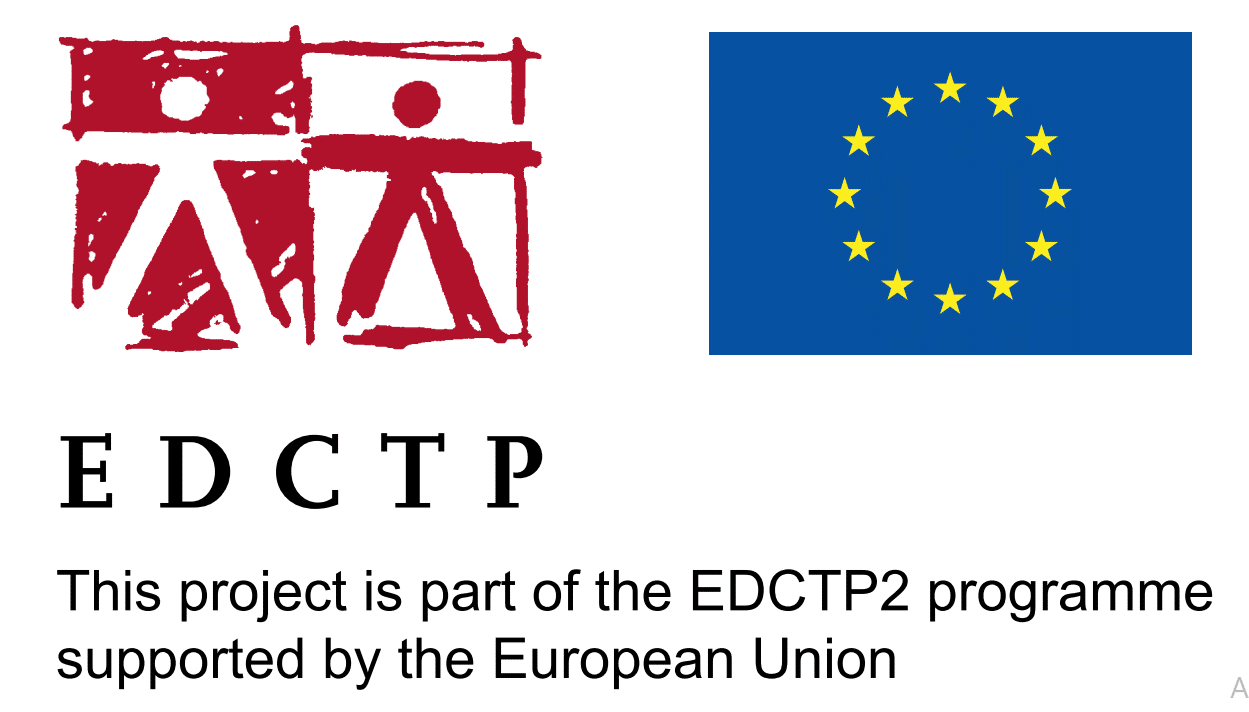
EDCTP (€11,909,000)
Eberhard Karls Universität Tübingen (€1,100,000) In-kind.
Academisch Ziekenhuis Leiden (LUMC) (€700,000) In-kind.
Academisch Ziekenhuis Leiden (LUMC), (€180,000) Cash.
The Chancellor, the Masters and the Scholars of the University of Oxford (€5,400,000) In-kind.
European Vaccine Initiative EWIV (EVI), (€75,000) In-kind
Osaka University (€816,800), In kind.
Fonds National de la Recherche (FNR), Luxembourg (€321,000) Cash.
